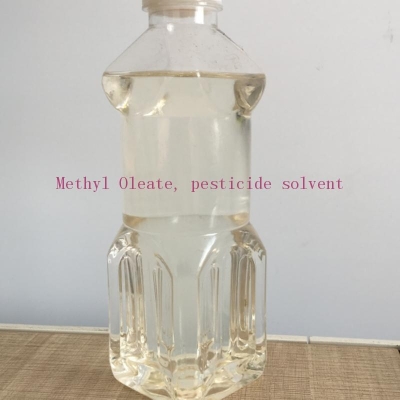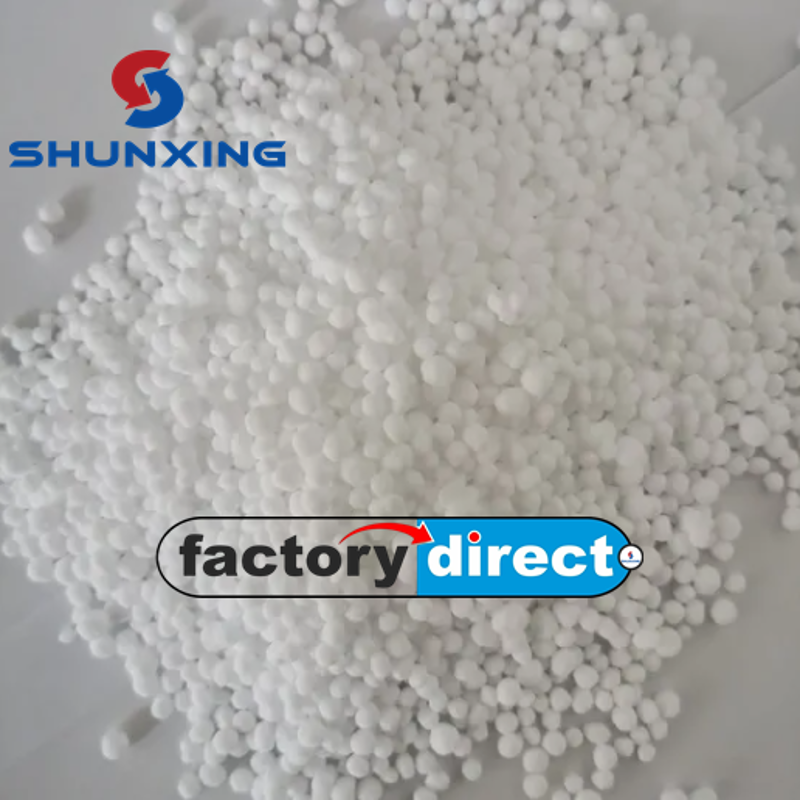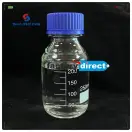-
Categories
-
Pharmaceutical Intermediates
-
Active Pharmaceutical Ingredients
-
Food Additives
- Industrial Coatings
- Agrochemicals
- Dyes and Pigments
- Surfactant
- Flavors and Fragrances
- Chemical Reagents
- Catalyst and Auxiliary
- Natural Products
- Inorganic Chemistry
-
Organic Chemistry
-
Biochemical Engineering
- Analytical Chemistry
-
Cosmetic Ingredient
- Water Treatment Chemical
-
Pharmaceutical Intermediates
Promotion
ECHEMI Mall
Wholesale
Weekly Price
Exhibition
News
-
Trade Service
The same crops, adjacent plots, some people spend twice as much medicine as others but can't prevent them from getting sick.
Why? Clean the sprayer and pipeline before spraying, and the spraying should not be missed or resprayed.
The growers are very clear about it
.
Is there any "Dao Dao" that needs to be paid attention to before, after, and when the medicine is sprayed? 1.
Clean up sick bodies
.
Diseased branches, diseased leaves, diseased fruits and even diseased plants are all sources of infection.
Cleaning them out of the shed will reduce the source of infection, and the effect of spraying medicine is naturally good
.
2.
Calculate the date of the drug spray
.
Most farmers pinch their fingers and count "inject the medicine once a week or so
.
" But the most important thing to prevent and control diseases is to adjust the environmental conditions, not just to spray drugs
.
Some farmers can stop spraying medicine for 50 to 60 days, and only spray medicine at the key point of the spraying
.
For example, before watering day before the cloudy day, the initial focus of the disease found time and so on
.
Because if you don't spray medicine at this time, it may cause greater losses
.
3.
Choose the right time to spray the medicine
.
One of the principles for determining the spraying time is to maintain ventilation
.
For example, it is not advisable to spray pesticides in vegetable greenhouses before they are opened in the morning, because the humidity in the greenhouses is very high throughout the night
.
The second principle is to avoid high temperature and strong light, such as noon in summer
.
If the medicine is given in the afternoon, it should be finished half an hour or even an hour before the wind is closed to ensure that the moisture is expelled
.
4.
Use the right medicine
.
If it is for disease prevention, you should clearly know what diseases should be prevented in the local area at that time.
For example, tomato gray mold disease is most important in winter and spring, and virus diseases are most important in summer and autumn.
If it is to treat diseases, medicine must be symptomatic, and if you are not sure, you should find an expert.
Take a look, you can't guess and fight, just wait and see
.
5.
Properly dilute
.
Pesticides should be used according to the instructions, and the amount can be slightly increased according to the situation, but
Why? Clean the sprayer and pipeline before spraying, and the spraying should not be missed or resprayed.
The growers are very clear about it
.
Is there any "Dao Dao" that needs to be paid attention to before, after, and when the medicine is sprayed? 1.
Clean up sick bodies
.
Diseased branches, diseased leaves, diseased fruits and even diseased plants are all sources of infection.
Cleaning them out of the shed will reduce the source of infection, and the effect of spraying medicine is naturally good
.
2.
Calculate the date of the drug spray
.
Most farmers pinch their fingers and count "inject the medicine once a week or so
.
" But the most important thing to prevent and control diseases is to adjust the environmental conditions, not just to spray drugs
.
Some farmers can stop spraying medicine for 50 to 60 days, and only spray medicine at the key point of the spraying
.
For example, before watering day before the cloudy day, the initial focus of the disease found time and so on
.
Because if you don't spray medicine at this time, it may cause greater losses
.
3.
Choose the right time to spray the medicine
.
One of the principles for determining the spraying time is to maintain ventilation
.
For example, it is not advisable to spray pesticides in vegetable greenhouses before they are opened in the morning, because the humidity in the greenhouses is very high throughout the night
.
The second principle is to avoid high temperature and strong light, such as noon in summer
.
If the medicine is given in the afternoon, it should be finished half an hour or even an hour before the wind is closed to ensure that the moisture is expelled
.
4.
Use the right medicine
.
If it is for disease prevention, you should clearly know what diseases should be prevented in the local area at that time.
For example, tomato gray mold disease is most important in winter and spring, and virus diseases are most important in summer and autumn.
If it is to treat diseases, medicine must be symptomatic, and if you are not sure, you should find an expert.
Take a look, you can't guess and fight, just wait and see
.
5.
Properly dilute
.
Pesticides should be used according to the instructions, and the amount can be slightly increased according to the situation, but







